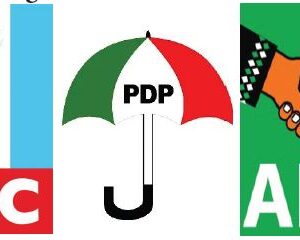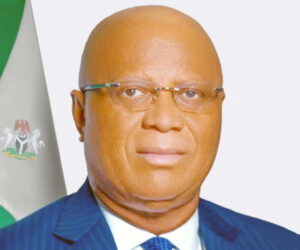1
In just four months as Group Chief Executive Officer of the Nigerian National Petroleum Company Limited (NNPCL), Engr. Bayo Ojulari has initiated wide-reaching changes aimed at stabilising the organisation’s operational structure and improving its international competitiveness.
His reforms — ranging from procurement overhaul and operational cost reductions to upstream asset recovery and gas commercialisation — are already challenging the inefficiencies and entrenched practices that have historically weighed down Africa’s largest oil producer.
While these steps have earned him commendation in parts of the industry, they have also drawn resistance from powerful interests uncomfortable with increasing transparency and fiscal discipline.
Tangible Progress in Four Months
Under Ojulari’s leadership, NNPCL has introduced a data-backed procurement system that ensures contracts are competitively bid and benchmarked against international standards. Sources within the company say the reforms have cut inflated project costs by up to 30% and led to the suspension or review of several questionable legacy contracts.
Equally significant is the restructuring of upstream asset management. By tightening internal oversight and renegotiating joint venture arrangements, NNPCL has been able to revive underperforming assets, particularly in the Niger Delta, and unlock new production capacities. These interventions are seen as critical to restoring Nigeria’s daily crude production, which has hovered below OPEC quotas in recent years.
In line with global trends, Ojulari’s team is also accelerating Nigeria’s gas monetisation strategy, including new frameworks for domestic gas utilisation and export infrastructure. This aligns with the government’s “Decade of Gas” agenda, and reflects growing demand for cleaner energy sources globally.
Beyond policy shifts, Ojulari has earned a reputation internally for hands-on leadership. Multiple senior officials describe him as “methodical” and “process-driven” — personally reviewing project evaluations, querying anomalies in audit reports, and holding directorates accountable for deliverables.
Navigating Resistance and Institutional Pushback
However, like many reform-minded leaders in Nigeria’s public sector, Ojulari’s approach has triggered discomfort among vested interests. Over the past two months, the company has faced an uptick in media attacks, anonymous petitions, and internal resistance — much of it tied to those who benefited from the status quo.
Some of the criticism appears orchestrated, targeting his decisions on project cancellations, executive reassignments, and contractor blacklisting. But analysts say the opposition is expected, especially when significant financial interests are affected.
“The pushback is not surprising,” said an energy governance expert who asked not to be named. “When you reduce leakage points and enforce transparency, you are bound to upset people who relied on those inefficiencies for personal gain.”
Public Institutions Under Pressure to Perform
NNPCL is not just any state-owned enterprise — it is Nigeria’s most strategic economic institution, responsible for over 70% of the country’s foreign exchange earnings. That makes the need for reform not just urgent, but existential.
Ojulari’s early actions may not be perfect, but they are a significant departure from token gestures of the past. They reflect an understanding of the technical, commercial, and governance deficiencies that have kept the company lagging behind its international peers.
Industry observers believe that his success will depend not only on internal discipline but also on political will from the Presidency and policy alignment from the National Assembly. Support from key industry regulators, host communities, and civil society will also be crucial to sustain the momentum.
A Future Still Being Written
Ojulari has not promised overnight miracles. But by focusing on efficiency, accountability, and global competitiveness, his administration is laying what could become the foundation for a leaner, more commercially viable NNPCL — one less beholden to patronage and more responsive to global energy realities.
Whether these reforms endure will depend on consistency, stakeholder engagement, and institutional protection from politically motivated interference.
A Closing Reflection
In the corridors where silence once shielded decay,
New footsteps echo — deliberate, unafraid.
Let the work outlast the noise,
Let integrity outshine the plot.
For Nigeria’s oil to flow with pride,
The vessel must first be made clean.
Jonathan Eze is a media consultant based in Abuja.








